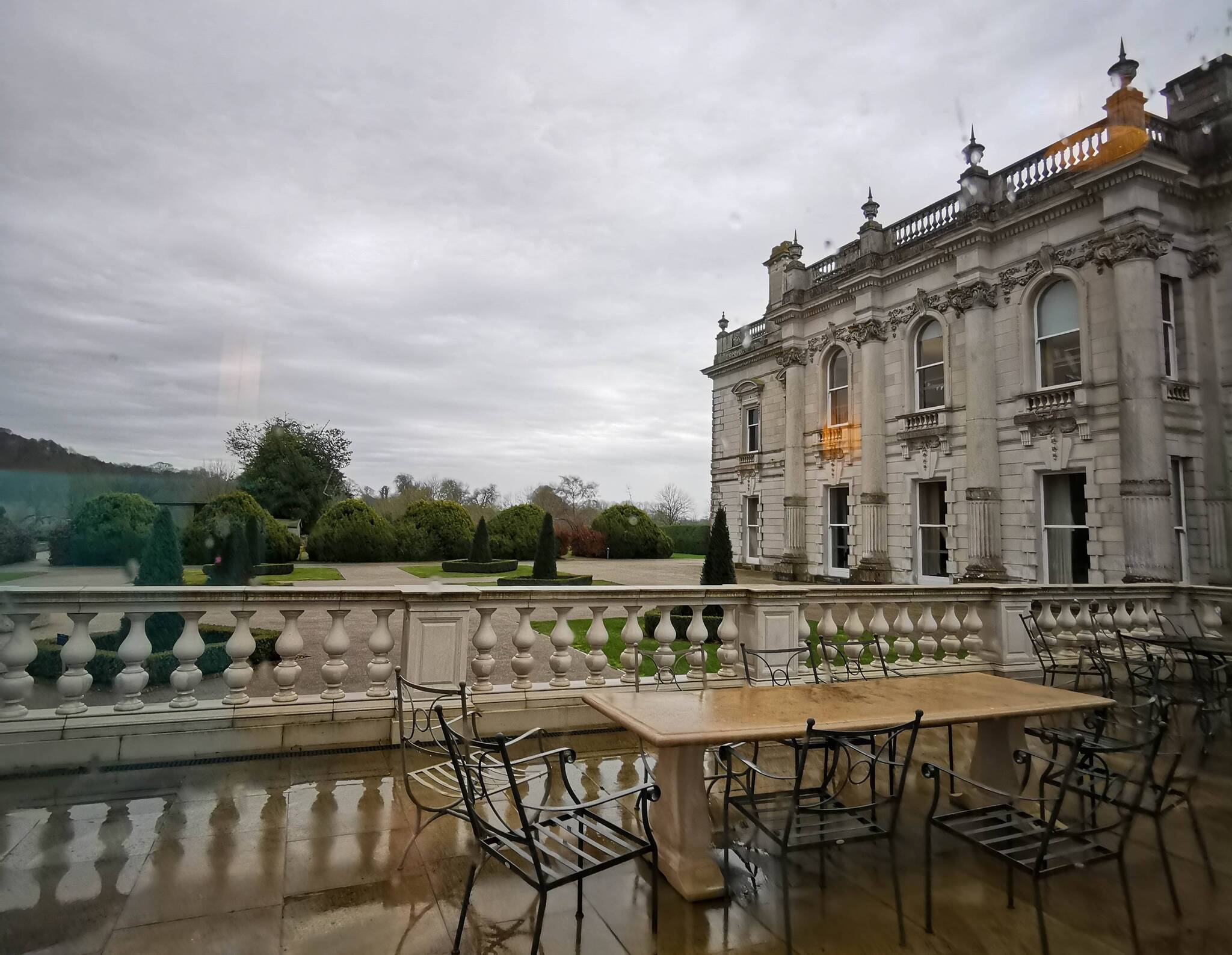
In 2017, Polypipe Building Products embarked on a key partnership with the charity Help for Heroes, committing to several key initiatives that had the aim to help raise money, and to provide a new career path for many returning servicemen and women.
Help for Heroes provides lifelong support to service personnel and veterans with injuries and illnesses sustained while serving in the British Armed Forces. No matter when someone served, the Charity gives them the support they need to lead active, independent and fulfilling lives. Long-term recovery is more than repairing damaged bodies and minds; it’s about rebuilding lives.
With this in mind, and as we are due to renew our partnership with Help for Heroes this year, we jumped at the opportunity to visit the infamous Tedworth House Recovery Centre, to see what really happens with the monies raised by anybody donating to the charity.
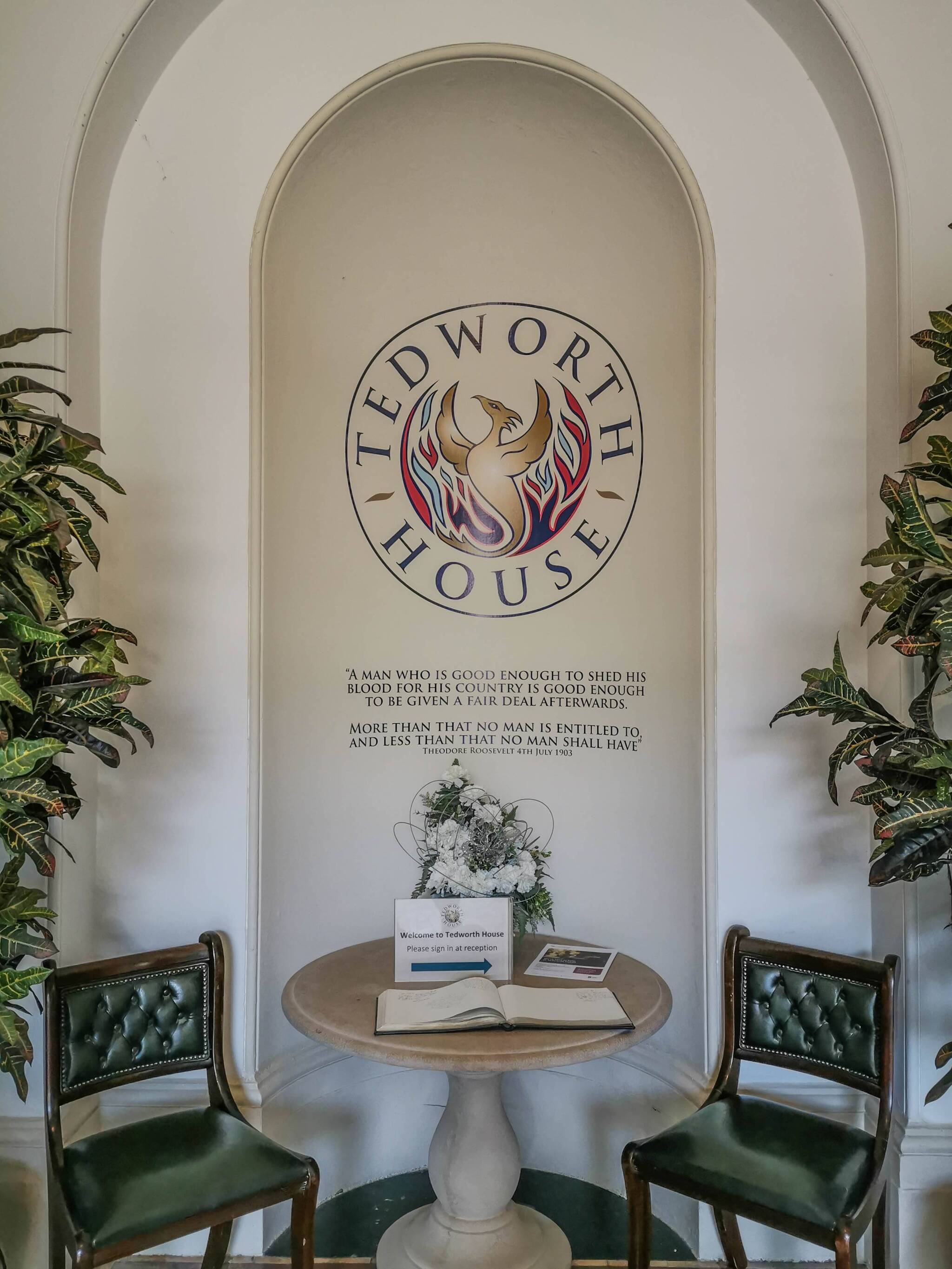
An entrance to Tedworth House
Whether returning from duty or transitioning to civilian life, residents and day visitors at Tedworth House can take part in activities and life skills courses to help them get back out doing what they enjoy most.
We were greeted at Tedworth, not only by some of the brilliant team at Help for Heroes, but also by ex-serviceman Spencer Bull.
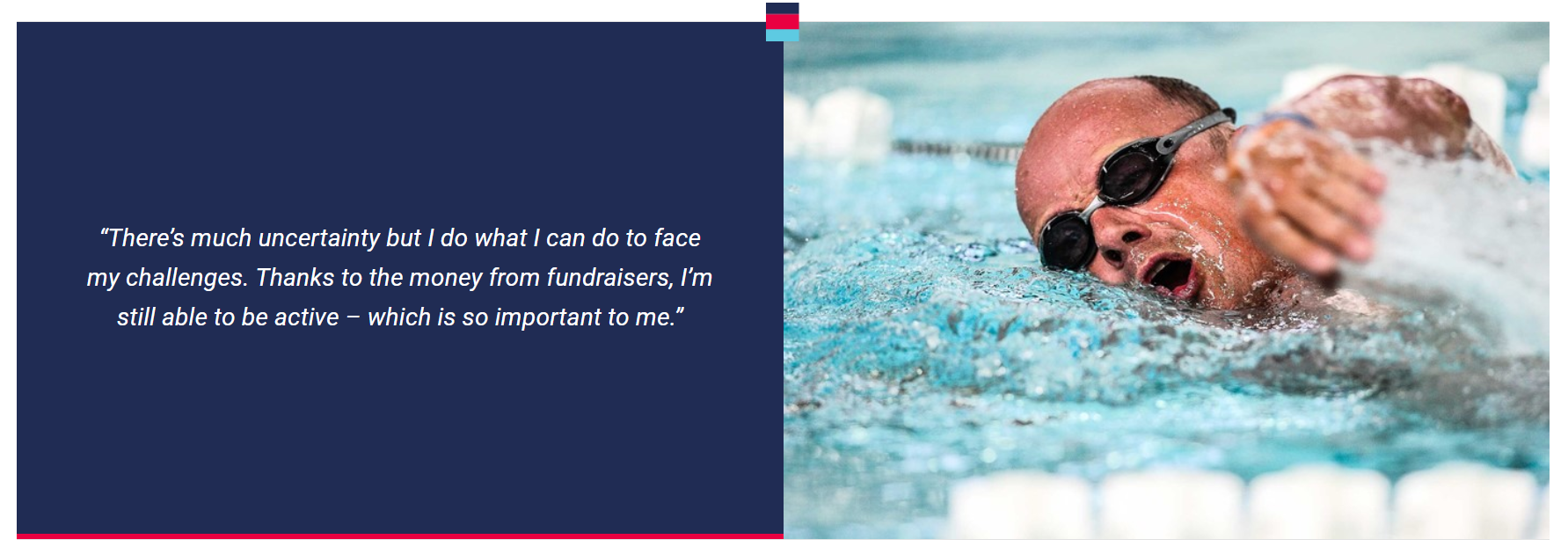
Support from Help for Heroes has helped Spencer to deal with major life changes, so to have him with us throughout the day really gave us a different perspective to the tour and how useful all the support that the charity provides really is.
A quick history of Help for Heroes and Tedworth
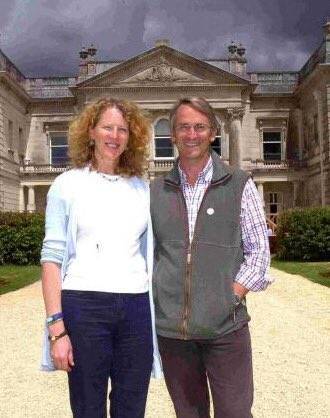
Bryn and Emma Parry, founders of Help for Heroes
In 2007, Bryn and Emma Parry founded Help for Heroes (H4H) to ‘just do something to help’ those wounded in Iraq and Afghanistan. But it soon became apparent that ‘the wounded, injured and sick, who serve together, needed to recover together.’
By 2009, the Army Recovery Capability was developing and H4H funded the ‘pathfinder’ Personnel Recovery Centre (PRC) in Edinburgh. The Army identified Catterick, Colchester and Tidworth garrisons as sites for further PRC’s and H4H agreed to fund and build them.
There were cheaper alternatives to Tedworth, however it was thought to offer so much more than a new build could. ‘The blokes’ could have the best house in the area and would appreciate how much their country valued their sacrifice. The charity took over the house in February 2011 at a rent cost of £1 a year to the MOD. They don’t pay for statues or fixtures, and they add on to the property based on need with supportive individuals or companies sponsoring rooms or donating furniture and equipment.
A wide range of support
Tedworth has been specially designed to offer the very best recovery atmosphere. It offers en-suite bedrooms, a creative kitchen, a presentation room, two lounges, an adaptive gym with specialist equipment and even a Hero Garden for a further space to relax and take stock.
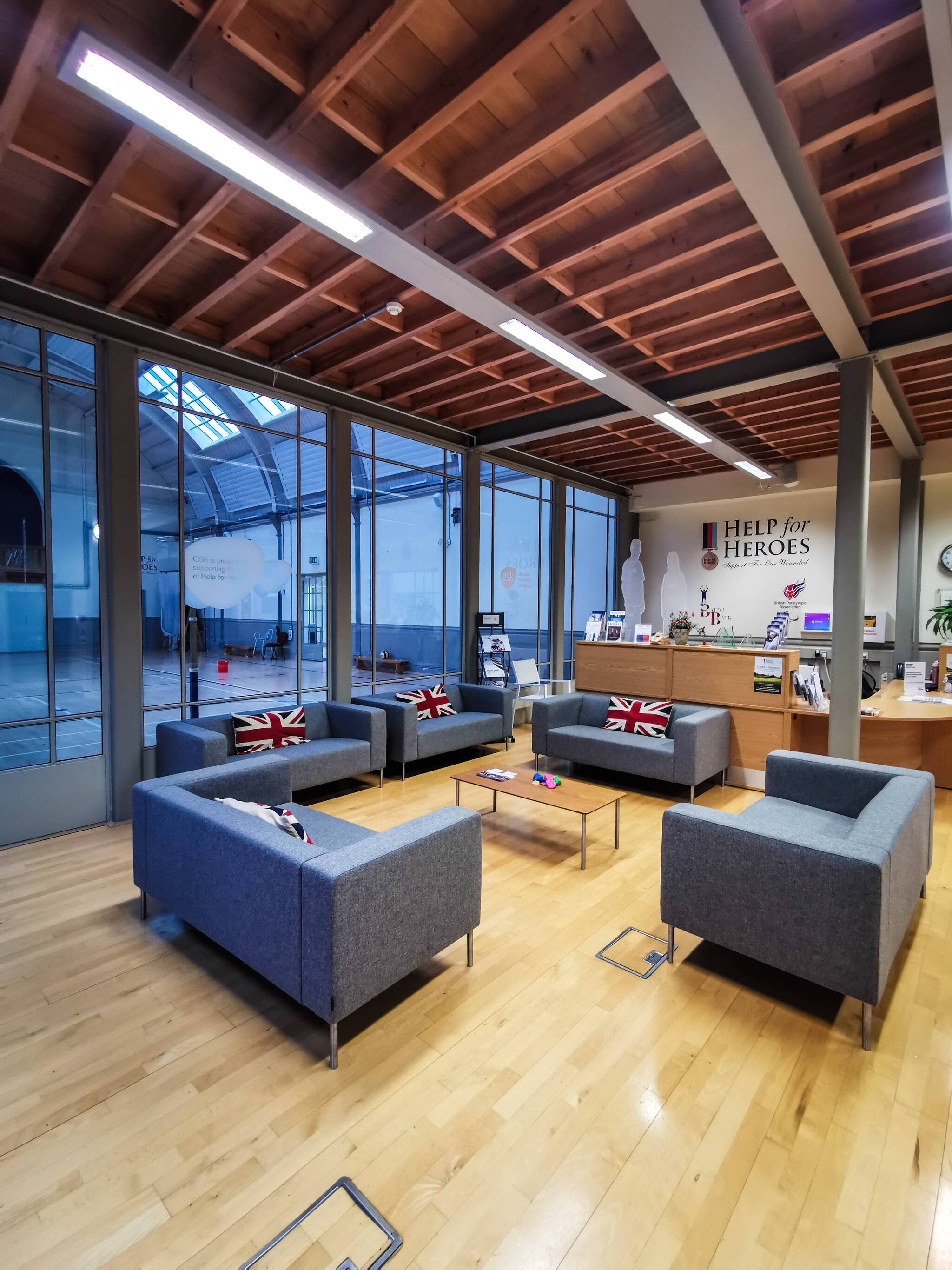
This specialist sports facility hosts many activities such as yoga, wheelchair sports, a ski ramp and a gym
The facility also houses a revolutionary Help for Heroes Support Hub which will gives Servicemen, women and Veterans access to specialist Service charities and agencies in a single location, ensuring that they are easily able to access the support they need.
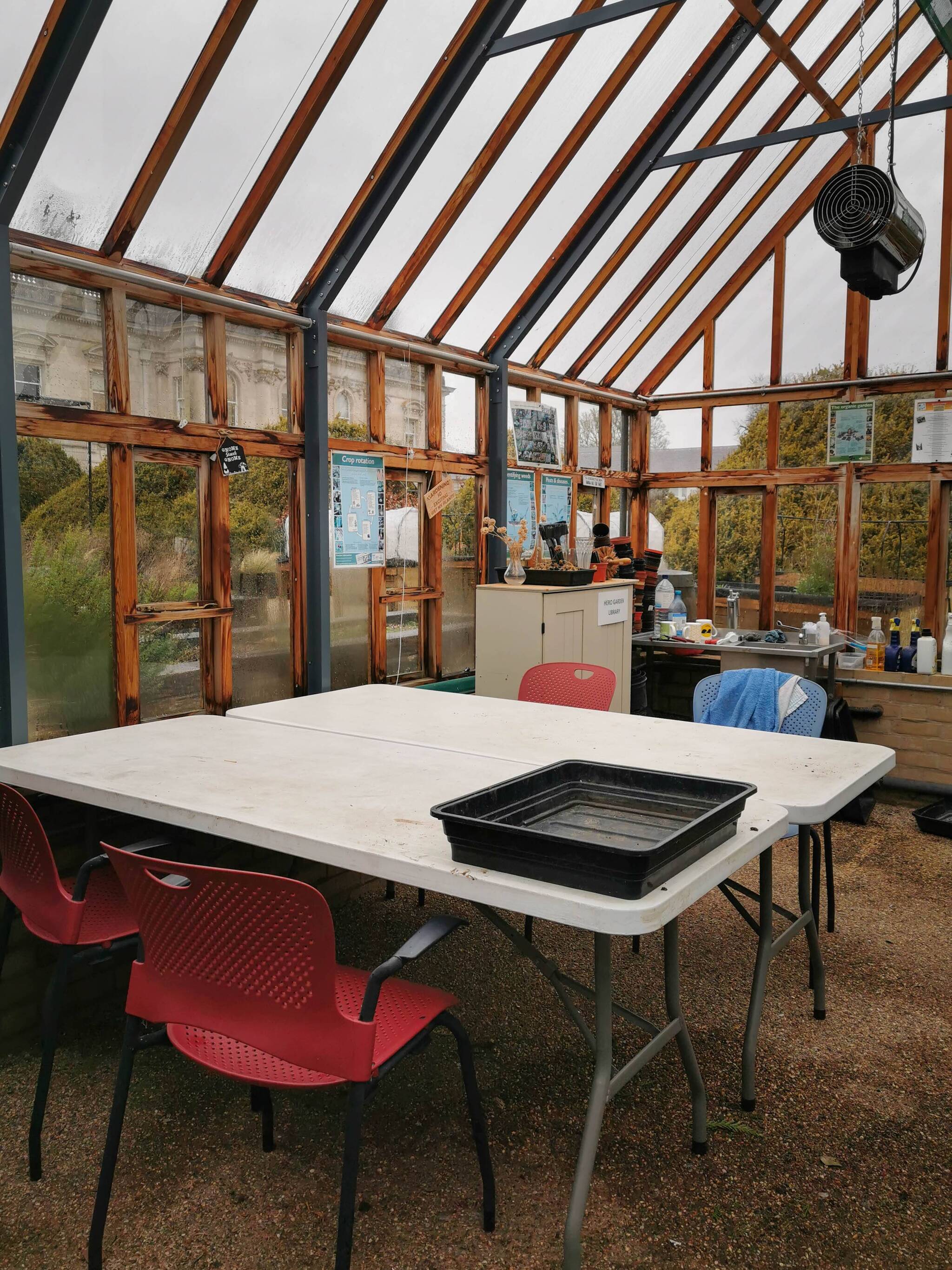
The greenhouse in the gardens allows for cultivating various plants and various other activities, such as wreathmaking at Christmas
The relaxed atmosphere promotes general wellbeing, and residents are encouraged to undertake their own recovery programme under the guidance of specialist staff. It may involve educational courses, work placements, medical appointments or sporting activities. These activities are designed to improve personal independence, raise morale, and develop camaraderie with others who have been injured or become sick.
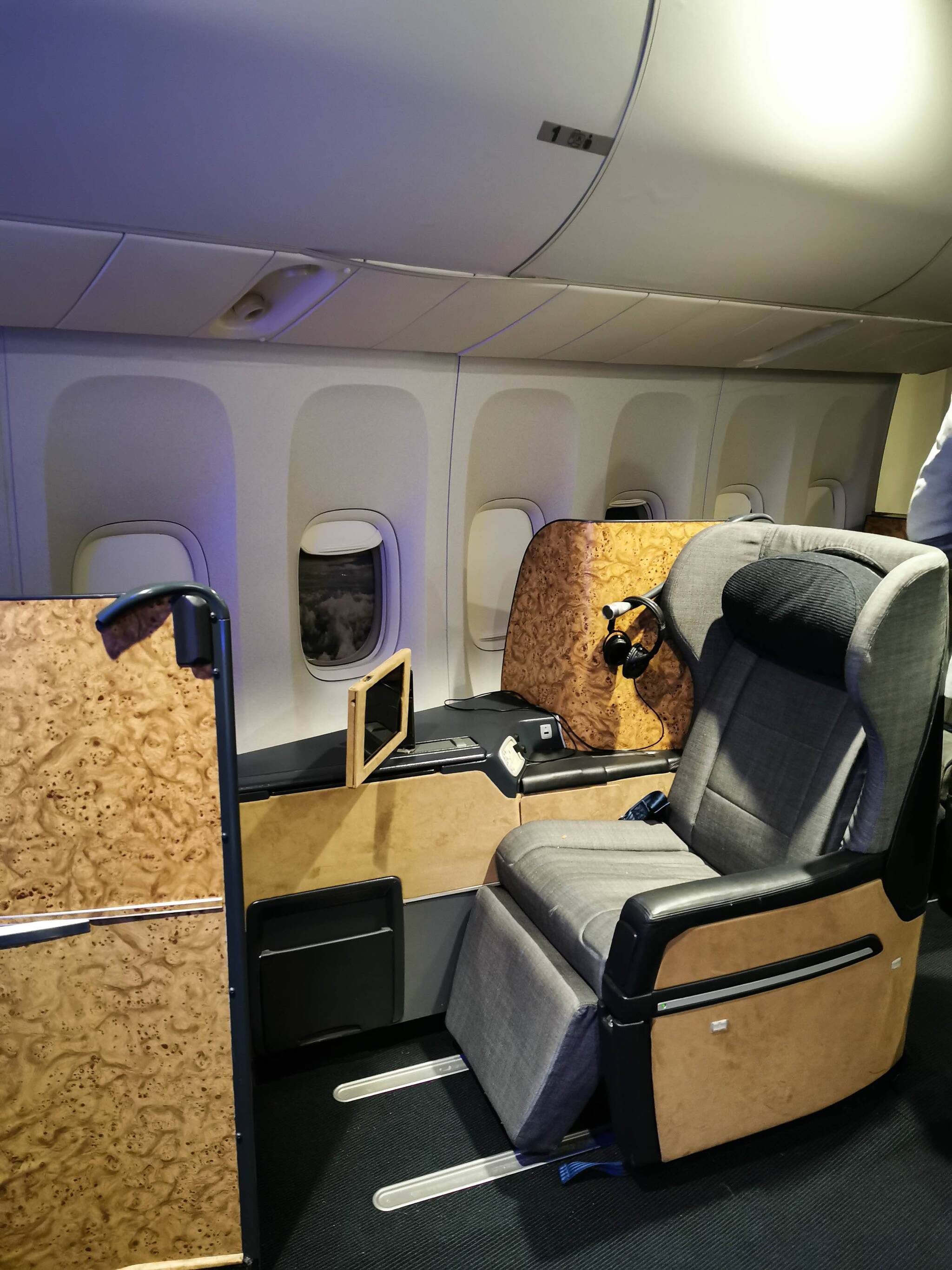
The furniture in this room was donated by British Airways. It is said to be a peaceful sanctury for many Veterans from the Navy
as the air control system is not dissimilar to the engine noises they are used to on Navy ships
One such activity that took a collective of people around 18 months to complete was a project that saw the erection of a classic Saxon Roundhouse in the gardens at Tedworth, created in classic woodworking and thatching fashion. Overseen by a gentleman on permanent secondment from Wiltshire Wildlife Trust, residents are able to try their hand at traditional wood working methods and get hands on outdoors in the fresh air in a beautiful woodland environment.
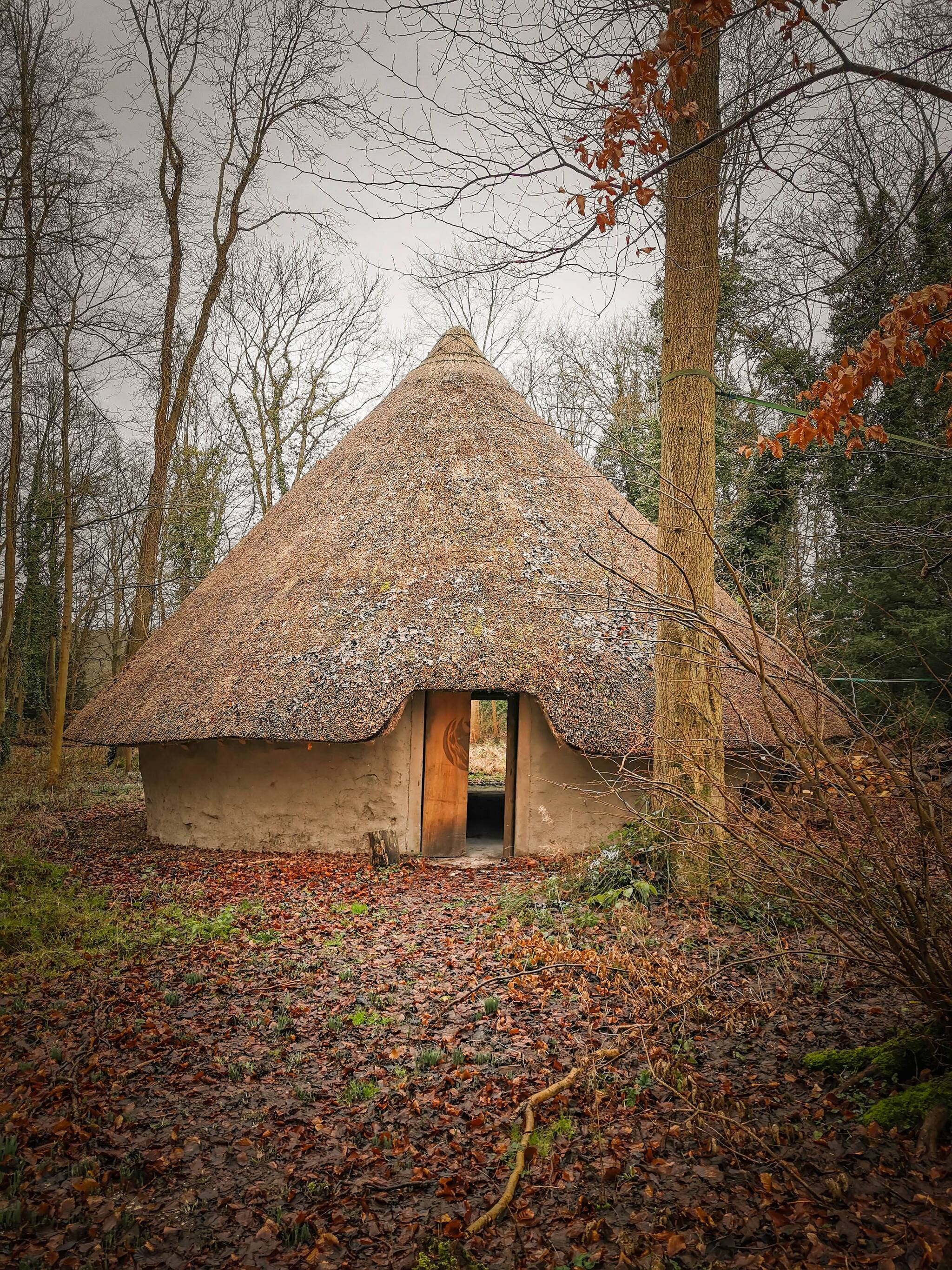
The Saxon Roundhouse which has been built by veterans at Tedworth House
In reflection
Following our visit to Tedworth House we have certainly come away with a re-invigorated enthusiasm for this fantastic charity and the amazing work that they do.
When you think of a veteran who has been medically discharged, you don't necessarily think about the fact that almost in an instant their house, job, their family’s lives, their children’s school, their social circles, just suddenly comes to a halt. Their children can't suddenly see their friends & have to move schools, they have to start thinking about income & mortgages - things that may seem simple to some - but to military families and individuals, it could just be a whole new world of stress, pressure, panic, on top of dealing with the reason you were medically discharged in the first place.
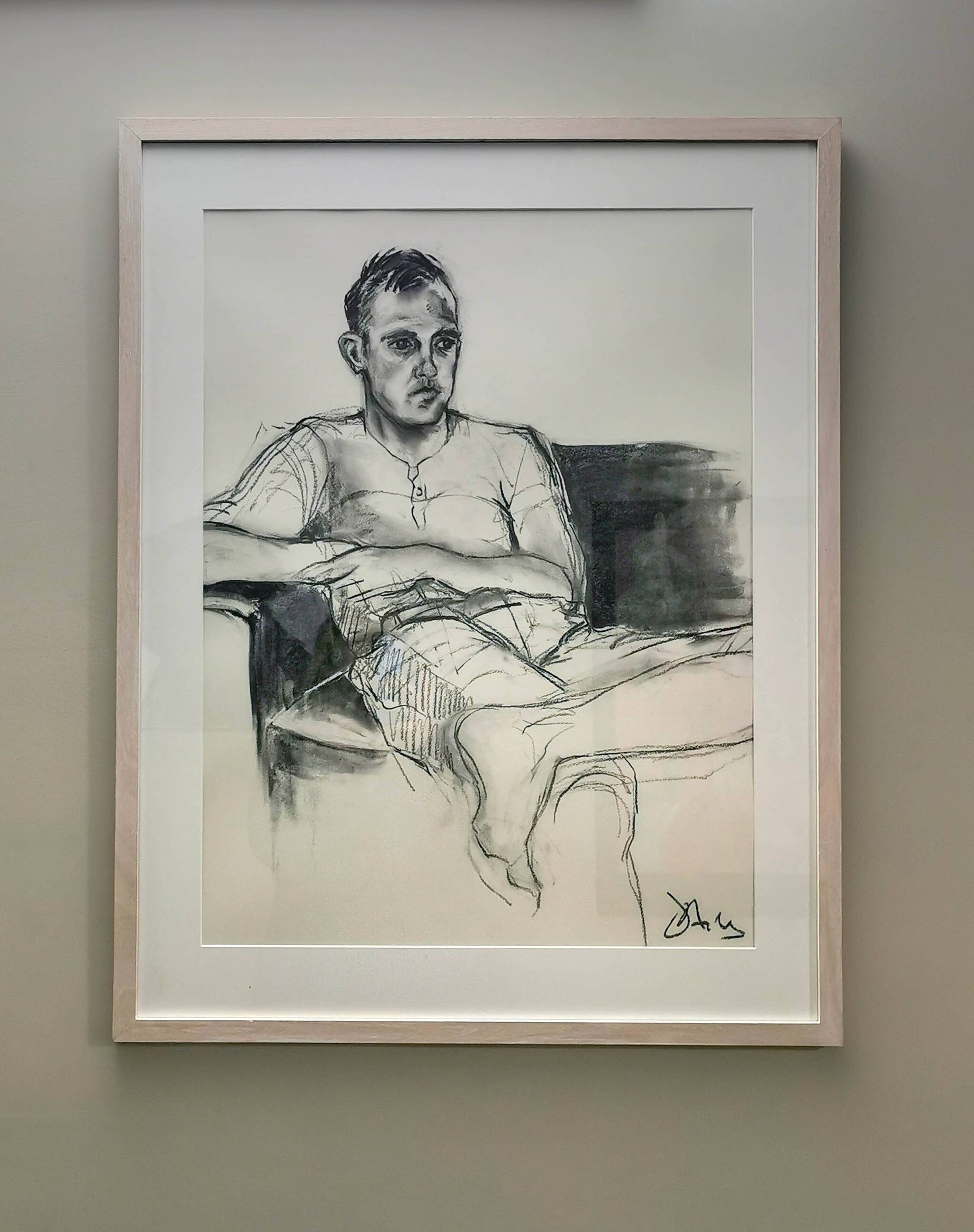
A drawing created by a Help for Heroes beneficiary which sits in a hallway full of other varies pieces of art created by Veterans
The Future
We look forward to continuing our charity partnership with Help for Heroes in 2020 and in the years that follow.
If you want to find out more about the charity you can do so here.
If you would like to keep up to date with our social activity surrounding Help for Heroes you can find us on Twitter, Facebook, Instagram.


